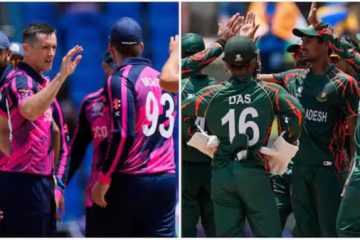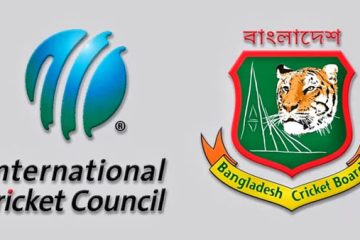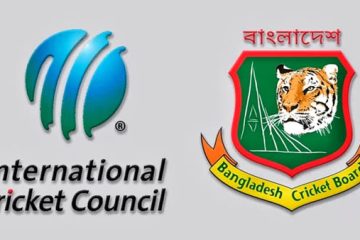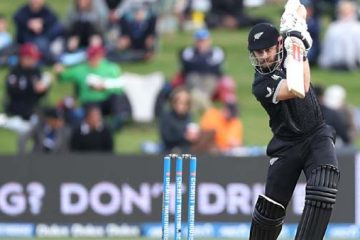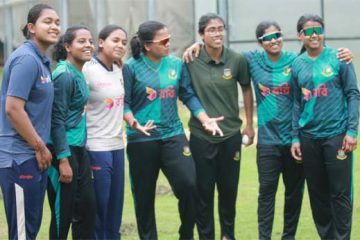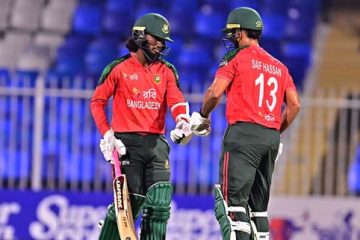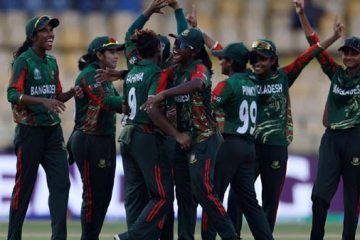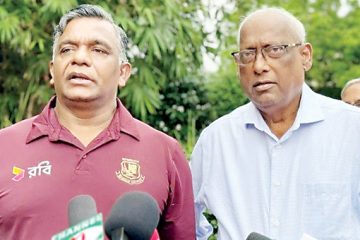Wills World Cup 1996, India-Pakistan-Srilanka
ICC Cricket World Cup History
A bittersweet symphony
The Wills World Cup in 1996 provided some great entertainment and a fairytale ending with Sri Lanka triumphing. The tournament though, was not free from controversy and planning gaffes, and trouble was on the horizon even before it started. Three weeks before the Cup started, over a thousand people had been injured in a terrorist bomb in Sri Lanka’s capital Colombo, one of the host cities of the World Cup.
That led to Australia and West Indies refusing to play their league matches against Sri Lanka in Colombo, thereby forfeiting the matches and giving Sri Lanka two wins against two of their three big opponents in Group A, the other being India. It perhaps would not have mattered in the end, as Sri Lanka comfortably beat all their opponents, including Australia in the final at Lahore, but nonetheless it left an unnecessary question mark over the champions.
In an act of solidarity the Indian and Pakistan cricket boards sent their players to form an Asian XI to play Sri Lanka in a friendly one-day match in Colombo to prove the venue is indeed safe to play international matches.
The format of the tournament came in for criticism. The ICC had decided to include three Associate nations (Holland, Kenya, U.A.E), resulting in a lot of one-sided preliminary games. It was for a worthy cause, the globalisation of the game.
That was not the real reason for what Wisden called a “largely irrelevant saga of group games”. The matches lost relevance because for the first time in World Cup cricket, there would be a quarterfinal stage; four top teams out of six in each group would go through to the knockout stages. This had the dual ill-effect of there being less competitive matches, and the fact that when two equal-strength sides did come up against each other, both teams played in the knowledge that a loss would not be the end because even finishing in fourth place would see them go through. There were only eight strong teams in world cricket, and it was no surprise that all eight of them qualified through an eventually meaningless group stage. Then, when business should have been picking up with the weaker teams being eliminated, it was all over in a frenzy of seven matches.
In the closing stages the world was witness to atrocious behaviour from the crowd at Eden Gardens in Calcutta, when the home team India stuttered to 120 for eight chasing Sri Lanka’s 251 in the semifinals. The match had to be abandoned and the game awarded to Sri Lanka as the stands were set on fire and bottles were hurled on to the field.
According to a Wisden report on the World Cup, the crowd were only partly to blame: “They were merely responding to the seductions created for them by the promoters of the Wills World Cup, an event that plainly, disastrously, put money-making above all the fundamentals of organising a global sporting competition. As the glamorising of the Indian and Pakistani cricketers reached new and absurd heights, so too did the unshakeable belief of the masses in their invincibility.”
This frenzy whipped up by the media also manifested itself when India beat Pakistan in the quarterfinal. Wasim Akram’s home was stoned and a Pakistani fan committed suicide.
It was a bittersweet Cup, with some glaring instances of mismanagement and corporate greed mixed in with some brilliant cricketing moments, particularly from its champions. It all ended on a sweet note as a thoroughly deserving underdog lifted the trophy.





